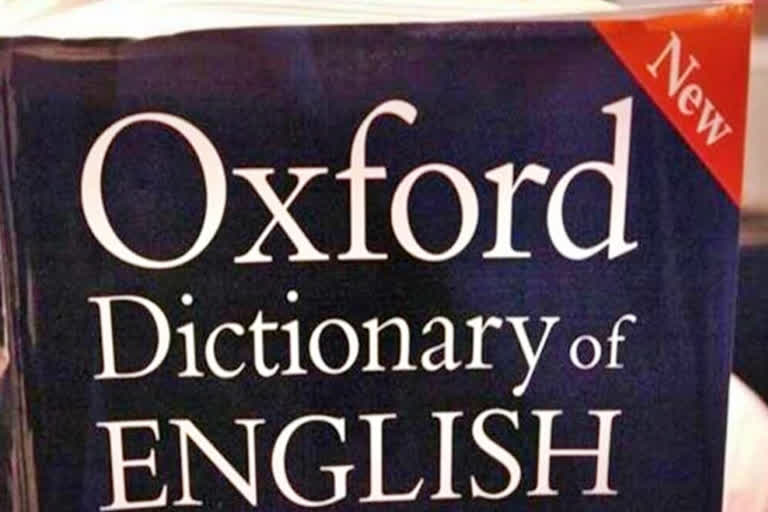New Delhi: 'Goblin mode' has been selected by the Oxford English Dictionary as the word of the year using a public vote for the first time in history. Metaverse and #IStandWith finished runner-up.
"The public has spoken! After opening the choice of Word of the Year up to English speakers for the first time in its history, over the last two weeks more than 300,000 people cast their vote," Oxford Languages website said in its release.
‘Goblin mode’ as a slang term, often used in the expressions ‘in goblin mode’ or ‘to go goblin mode’ – is ‘a type of behaviour which is unapologetically self-indulgent, lazy, slovenly, or greedy, typically in a way that rejects social norms or expectations.’
Although first seen on Twitter in 2009, goblin mode went viral on social media in February 2022, quickly making its way into newspapers and magazines after being tweeted in a mocked-up headline. The term then rose in popularity over the months following as Covid lockdown restrictions eased in many countries and people ventured out of their homes more regularly.
Seemingly, it captured the prevailing mood of individuals who rejected the idea of returning to ‘normal life’, or rebelled against the increasingly unattainable aesthetic standards and unsustainable lifestyles exhibited on social media.
metaverse (second place)
The term ‘metaverse’ describes ‘a (hypothetical) virtual reality environment in which users interact with one another’s avatars and their surroundings in an immersive way, sometimes posited as a potential extension of or replacement for the internet, World Wide Web, social media, etc.’ The first recorded use of metaverse in the Oxford English Dictionary dates from 1992, in the science fiction novel Snow Crash by Neal Stephenson.
Until late 2021, there was relatively little sustained usage of ‘metaverse’ outside of specialist contexts. By October 2022, it had increased almost fourfold from the previous year in the Oxford Corpus. While some of this increase can be attributed to the name change of social media conglomerate Facebook in October 2021, the concept of the ‘metaverse’, how we use it, and what it means for the future, has also been widely discussed. Words commonly occurring near ‘metaverse’ include Web3, virtual, NFT, crypto, build (as in ‘build the metaverse’), and vision (as ‘a vision of/for the metaverse’).
#IStandWith (third place)
The phrase ‘to stand with’ someone, in the context of supporting them or taking their side, dates back to the 14th century. However, the hashtag #IStandWith emerged in the first decade of the 21st century; evidence has been found dating back to 2009.
Used on social media to express solidarity with a specific cause, group, or person, ‘#IStandWith’ has been identified as a way for people to communicate their opinions and align their stances on specific events. It is how people demonstrate activism online and speak out for what they believe in.
Data from social media and the Oxford Corpus show that ‘#IStandWith’ and variants became significantly more frequent and prominent in March 2022, following the Russian invasion of Ukraine. Frequent uses this year include #IStandWithUkraine and #StandWithUkraine.
In what has been a turbulent year for many, ‘#IStandWith’ has been used to show support for a range of causes, with evidence showing a spike in internet searches in 2022 compared to 2021.



